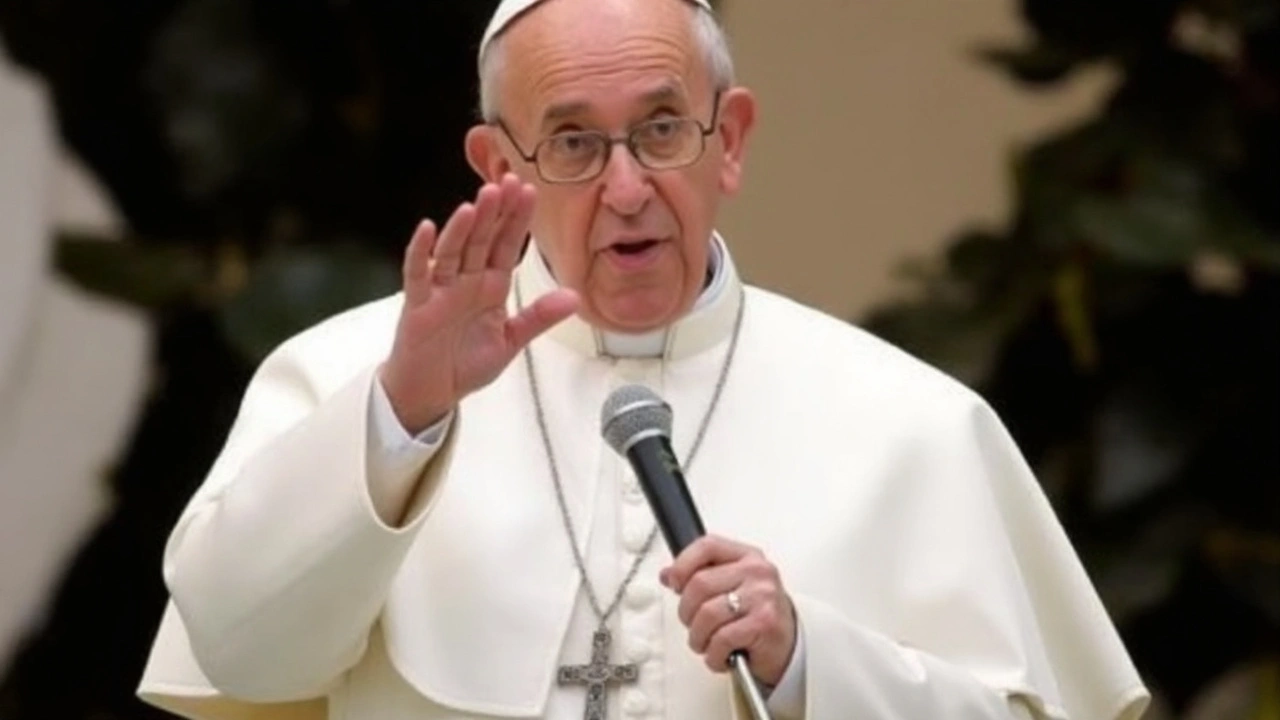Catholic Church: Guide to Worship, Community and News
The Catholic Church still shapes communities across Africa and the world — but what does that mean for you today? Whether you are curious, searching for a parish, or tracking church news, this page gives clear, practical steps to find reliable information and connect with local Catholics. Start by checking your diocese website for mass times, official statements, and contact details. Diocesan pages and parish social accounts are the fastest way to confirm services, especially during holidays or special events.
Thinking of going to Mass for the first time? Dress respectfully, arrive a little early, and follow the congregation. Hymn books and service guides are usually available at the entrance. Don’t worry about knowing every ritual: most parishes welcome newcomers and have volunteers who can help you find a seat and explain the service. If you want communion but are not Catholic, ask about local norms; many churches invite non-Catholics to pray but reserve communion for baptized Catholics.
Sacraments often require planning. Baptism, marriage, confirmation and funerals usually need meetings with a priest and some paperwork. Contact the parish office weeks ahead for marriage or baptism bookings. For weddings, most dioceses require pre-marriage counseling and documents like baptismal certificates. For baptisms, you may need sponsors or godparents who meet church guidelines.
The Church also runs schools, clinics, and food programs. If you need support, ask the parish priest about charity services or the social outreach office. Many parishes post volunteer opportunities and donation drives on social media. Want trustworthy news about church decisions or papal statements? Follow the Vatican news service and your local bishops’ conference for official releases, then look to respected Catholic news outlets for analysis.
Controversies and questions about church leadership pop up often. When you see sensational claims online, cross check with official diocesan releases before sharing. Faith communities are complex, and official statements clear up misunderstandings faster than social posts. If a local issue concerns you, attend a parish council meeting or email the parish office to raise questions directly.
Looking for a child’s Catholic education or confirmation class? Parishes run catechism or religious education programs for children and adults. Ask about schedules, materials, and whether classes fit your family routine. Many parishes offer online resources and recorded talks.
The easiest way to stay connected: sign up for parish newsletters, follow social pages, and join community events. If you represent a news outlet, request statements through the diocese communications office to ensure accuracy. For personal questions, a call or visit to the parish office will get you faster answers than scrolling headlines.
How to find a parish
Search online for your diocese name plus “parish finder” or “mass times.” Check parish Facebook pages and Google Maps for recent photos and reviews.
Common questions
Can visitors receive communion? Usually no, but you can ask. Do parishes run food drives? Yes, many do. Need a marriage date? Book early and ask about documents.

Pope Francis’s Informal Approach Broke Papal Traditions and Modernized Catholic Discourse
Keabetswe Monyake Apr 21 8Pope Francis, who died on April 21, 2025, reshaped papal communication with his informal tone and inclusive perspective. His hallmark phrase 'Who am I to judge?' showcased empathy toward LGBTQ+ issues. Francis left a legacy of warmth, dialogue, and accessibility that resonated beyond the Catholic Church.
More Detail